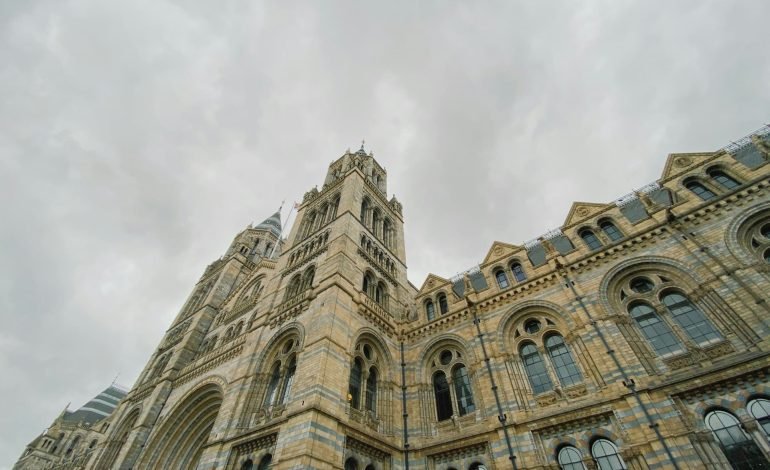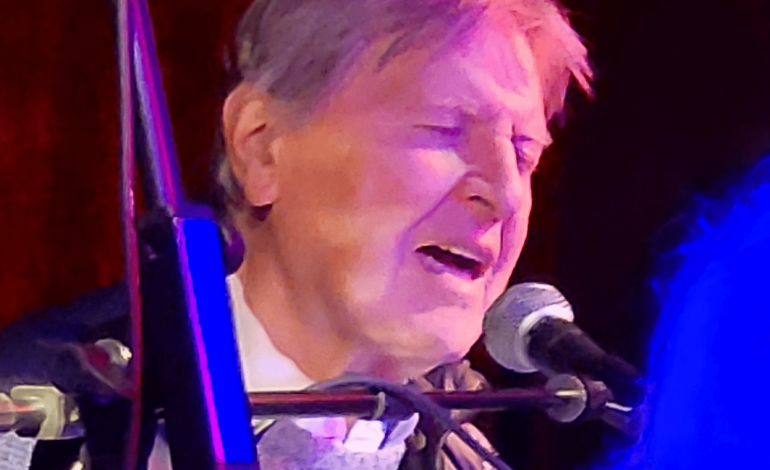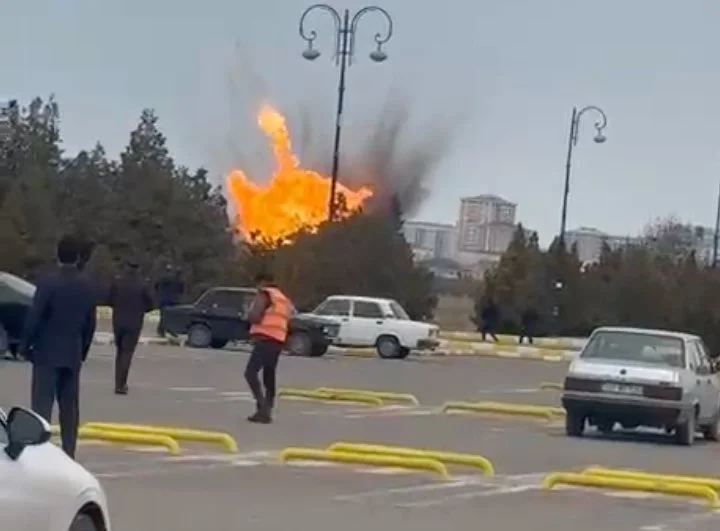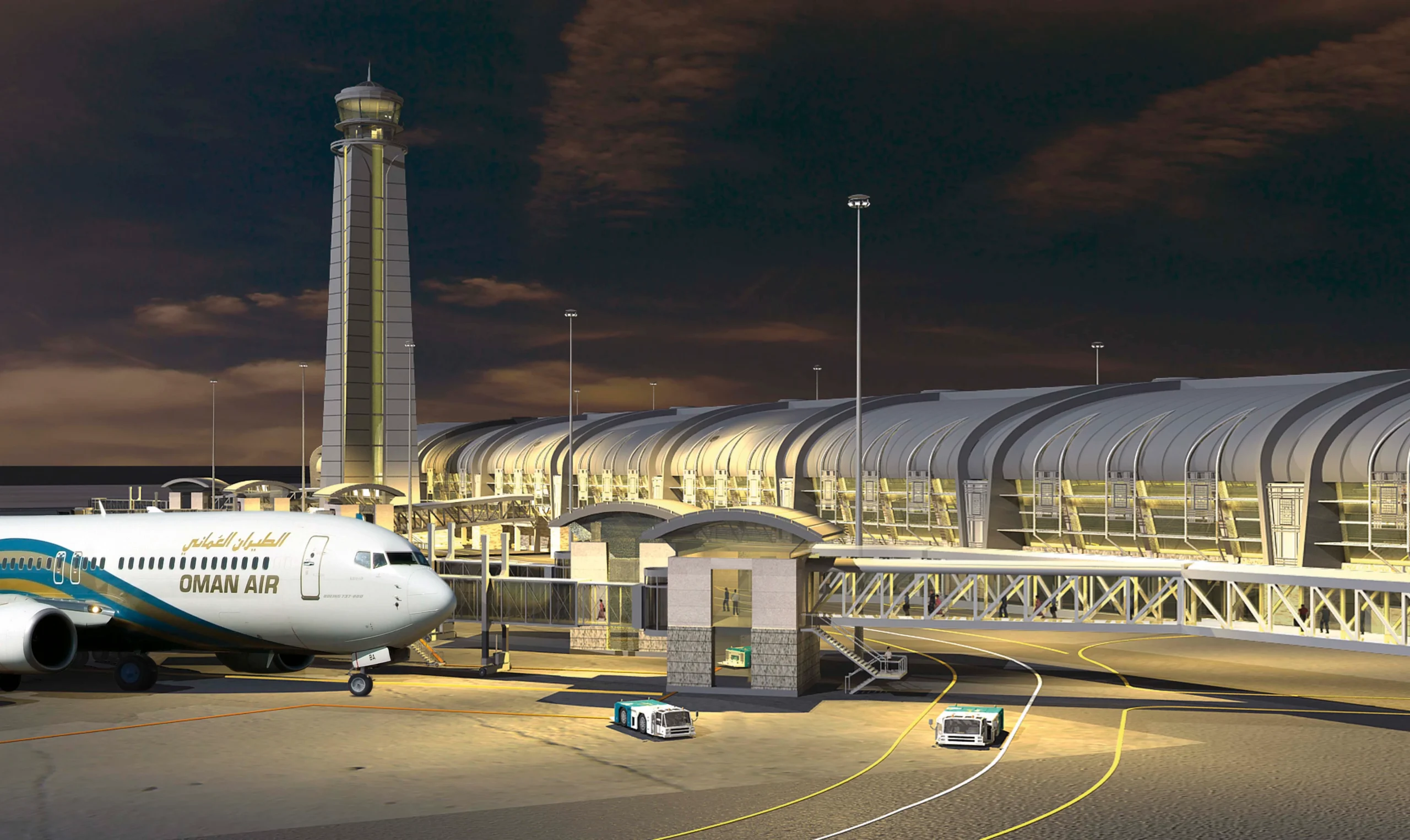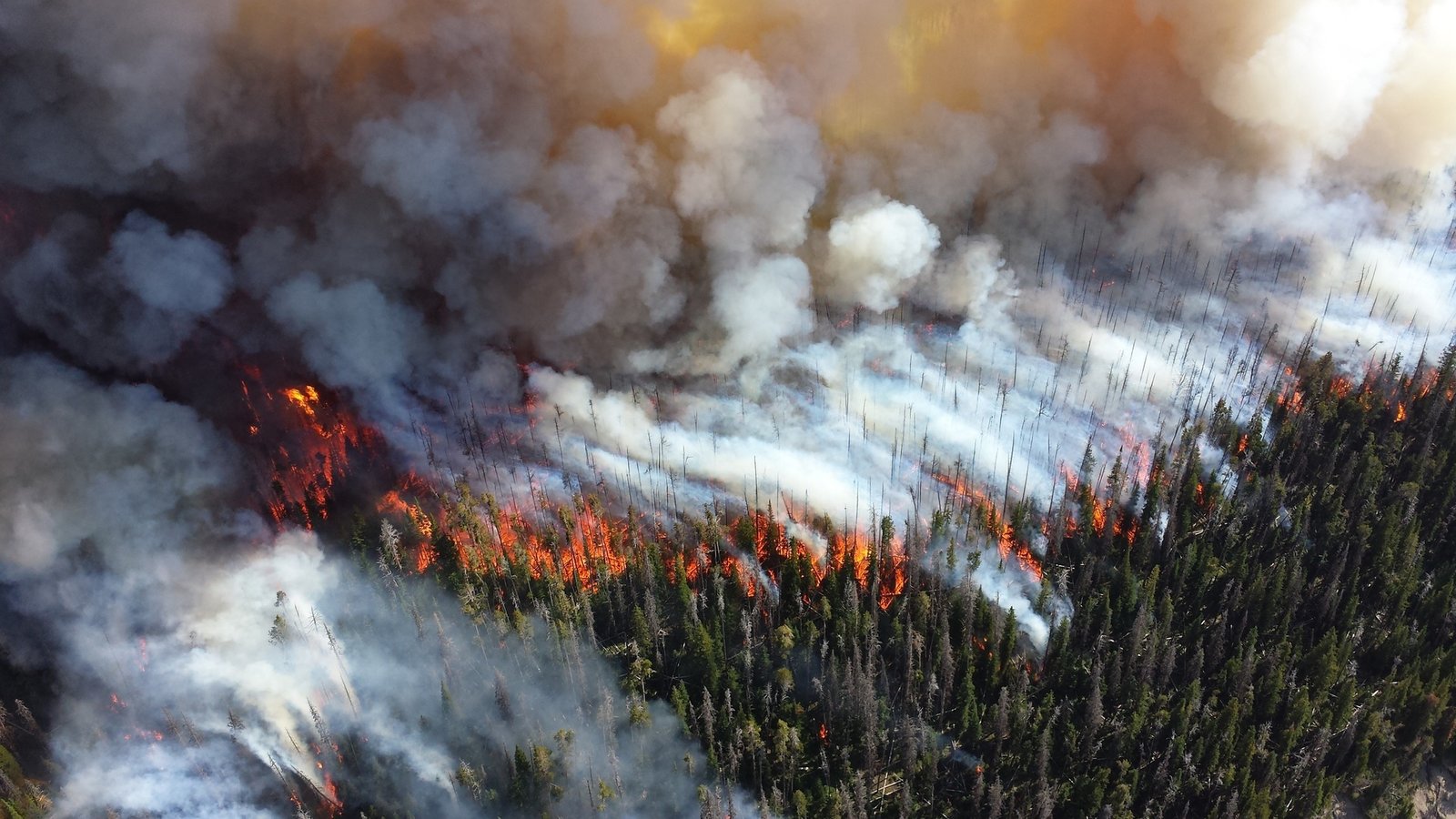Explosions in Lebanon: Hezbollah Communications Devices Detonated in Deadly Attacks
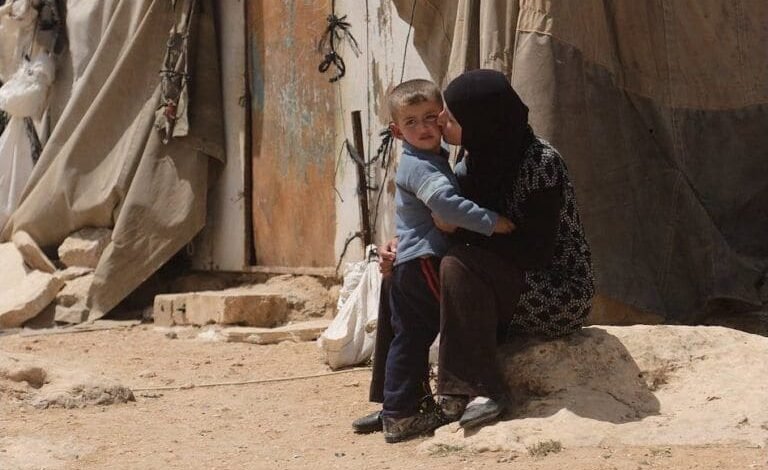
A series of devastating explosions rocked Lebanon over the past two days, with Hezbollah communication devices at the centre of the attacks. The blasts, which targeted pagers and walkie-talkies used by Hezbollah members, have left 15 people dead and thousands wounded, further escalating tensions between Hezbollah and Israel.
Tuesday’s Deadly Pagers Attack On Tuesday, at around 3:30 p.m., hundreds of pagers used by Hezbollah operatives exploded across Beirut, the Bekaa Valley, and southern Lebanon. The devices, imported earlier this year as part of Hezbollah’s efforts to avoid Israeli surveillance, were intended to replace smartphones, which Hezbollah’s leadership claimed had been infiltrated by Israel. The coordinated explosions killed 12 people, including two children, and injured nearly 3,000. Among the victims were several senior Hezbollah members and civilians, including healthcare workers.
Lebanese authorities quickly pointed fingers at Israel for the attack, accusing Israeli intelligence of sabotaging the devices. The devices, manufactured by BAC Consulting in Hungary under a license from the Taiwanese company Gold Apollo, were reportedly modified with explosive materials before arriving in Lebanon. Israeli officials have yet to officially comment, though sources indicate that the operation was a “use it or lose it” situation, with Israel moving quickly to detonate the devices before Hezbollah discovered the sabotage.
Wednesday’s Walkie-Talkie Blasts Just one day later, as Hezbollah held funerals for those killed in the pager explosions, another series of blasts occurred. This time, walkie-talkies used by the group were the target. At least three more people were killed, and over 100 were wounded in these additional explosions, which took place in southern Lebanon and the suburbs of Beirut.
The second wave of attacks has deepened the crisis, with Hezbollah vowing retaliation against Israel. Tensions between Hezbollah and Israel, already heightened due to cross-border exchanges following Hamas’ attacks on southern Israel in October, are now reaching critical levels. Hezbollah has continued to launch rockets at Israeli positions in response, and Israeli forces have reportedly carried out airstrikes in southern Lebanon.
Hezbollah’s Response In the wake of the explosions, Hezbollah’s leadership has condemned the attacks as part of a broader Israeli offensive. The group’s Secretary General, Hassan Nasrallah, is expected to address the nation soon, further outlining Hezbollah’s response. With international attention on the crisis, countries like Egypt and Iran have expressed solidarity with Lebanon, condemning the attacks and calling for calm.
Humanitarian Fallout Hospitals across Beirut and southern Lebanon have been overwhelmed by the influx of wounded. Lebanese Health Minister Firass Abiad confirmed that over 2,800 people have been injured, many requiring immediate surgery for facial, eye, and hand injuries.Some victims have been transferred to neighbouring Syria and even Iran for treatment as Lebanon’s healthcare system struggles to cope with the scale of the disaster.
Looking Ahead As the situation continues to unfold, Hezbollah has promised that Israel will “receive its just punishment” for these attacks. The international community is closely watching for further escalation, as fears grow that the violence between Hezbollah and Israel could spiral into a wider regional conflict.
You can find further updates and detailed reports on the Lebanon crisis through the United Nations’ official coverage, which provides ongoing insights into the situation.
For more updates and detailed coverage of this developing story, visit EyeOnLondon for ongoing insights.
[Image Credit: Libertinus]

